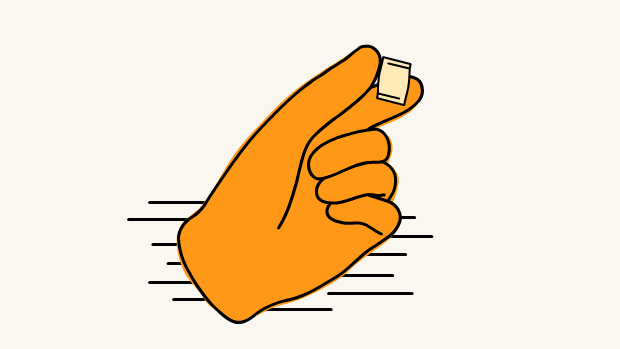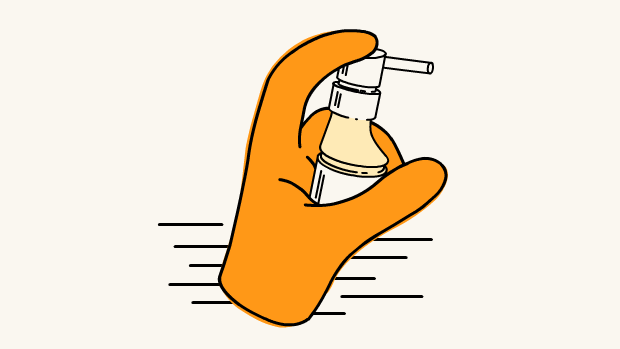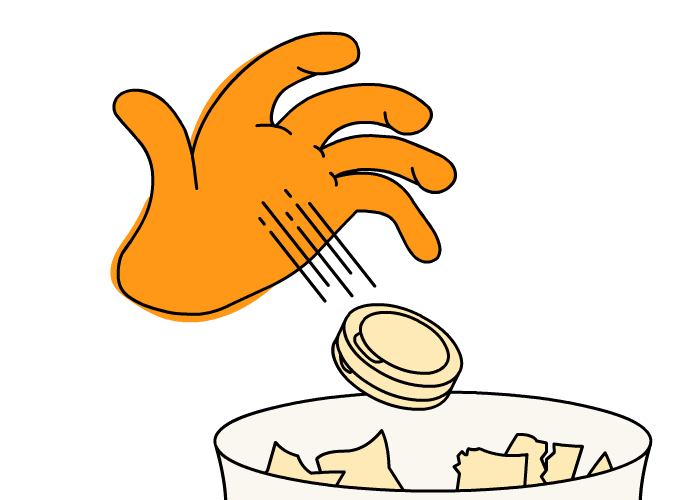Quit Smoking
Have you decided to quit smoking? Is it time to extinguish the cigarettes for good? Great! Then you have taken the first step on a journey that can actually save your life.
Quitting smoking is the best gift you can give yourself and your loved ones. You are doing something to benefit your health and reduce the risk of suffering from cardiovascular disease. In the beginning it might almost feel impossible and it is true that it can be difficult to become smoke-free, but on the other hand the rewards are tremendous. Better health, higher quality of life and more energy are just some of the effects of quitting cigarettes.
This is how you take control – 9 quit smoking tips that actually work
1. Set a date to quit smoking.
There are advantages to be had from setting the date a bit forward in time. 📆 During the period up to the day you have decided:
Try to figure out why you want to smoke. Make a note about how you felt and why you wanted to smoke
Also try to figure out why you want to quit smoking.
This will help you once you have actually quit. It will be easier for you to avoid or take control over the situations that trigger the cigarette cravings.
2. Choose your quit smoking method
It can be difficult to just throw out cigarettes. Smoking is an addiction and the brain perceives there a need that is not satisfied. Without it you are forced to go through some abstinence. Perhaps you have a friend or relative who can be your “support” and who you can call when things seem tough.
Speak with your doctor about different methods that can support you. This can include quit smoking apps, advice, medication or even hypnosis. There are also CBT courses targeted towards smokers and behavioural therapy is a way to get help with creating working strategies for quitting smoking. In some cases a couple sessions can be enough. You must find the method that can support and help you on the day you actually decide to quit smoking.
3. Use aids to quit smoking
Once you have quit smoking the abstinence can give you a headache, affect your mood and reduce your energy level. The longing for “just one more puff” can be very strong. At these times, nicotine replacement can ease your abstinence. There are several different nicotine drugs to choose from, such as nicotine spray and nicotine pouches. Studies show that nicotine replacements improve your chances of succeeding.
4. Quit smoking together
Tell your friends, family and colleagues that you are going to try and quit smoking. This way you can receive support and encouragement from your surroundings, especially when you feel tempted to smoke. 👨🏾🤝👨🏻👩🏾🤝👩🏼
5. Avoid triggers
Alcohol can make it more difficult for you to keep the goal in sight, which is to quit smoking. Some good advice is to initially avoid or limit alcohol. Other triggers can be the cigarette you usually smoke together with a cup of coffee. One tip is to try and switch to tea for a few weeks.
If you usually smoke after meals, then find something else to distract yourself:
- Brush your teeth
- Take a walk
- Chat with a friend
- Chew something
6. Clean
Clear out everything that reminds you of smoking. Wash all of your clothes, you don’t want to see or smell something that reminds you of smoking.
7. Raise your pulse
One way of reducing cigarette cravings is keeping yourself active:
Put on your running shoes.
Go out with the dog.
Do some weeding in the garden.
Try something new. Yoga perhaps? 🤸♀️
It helps! One positive thing is the calories that you burn. This counteracts the risk of gaining weight when you quit smoking.
8. Drink water
Drink a lot of water!💧
- It’s something to do
- It can help relieve your tickly cough
- Might help you not to snack
- A lot of water together with a diet rich in fibre also helps to keep the stomach going
9. Try again
If you have a relapse, then don’t be scared. Try again. Many people go through several setbacks before they reach their smoke-free end goal. Don’t forget to satisfied with the cigarettes you didn’t smoke this time. Each attempt is positive to your health! 💪
Think about what led to your relapse, the situation and your feelings. Use the insight as a possibility to strengthen your decision to quit smoking.
Then set a new end date for when you will quit smoking, preferably within one month.
Pregnancy and breastfeeding
If you are pregnant, then you should completely avoid tobacco and nicotine. The child in your belly is affected very negatively by the mother’s tobacco use. Among others, the child risks having a lower birth weight, malformations, birth complications and even a risk of sudden infant death syndrome after the birth.
Those who are breastfeeding their children should also refrain from using tobacco and nicotine products. Nicotine is quickly absorbed by the milk and carried further to the infant. Consequently, it can affect your child.
Consult your doctor, pharmacy staff or the nurse about nicotine use in connection with pregnancy or breastfeeding.
How do I help my partner to quit?
Do you live with a smoker? As a relative, you can be subjected to passive smoking, which can have a very negative impact on you. If you partner tries to quit smoking there are many things you can do to make it easier for them:
- Be supportive but don’t preach. Point out that you would like to have a long life together and point to the practical advantages of your relative quitting, such as a calculation about the money you can save by quitting
- Help your partner to find a nicotine replacement that suits them. You can also be helpful by ensuring that they always have this available
- Offer to participate in activities and other things with your partner that take their thoughts off smoking





 Apohem
Apohem  Apotea
Apotea  Apotek hjärtat
Apotek hjärtat  Apoteket
Apoteket  Apoteksgruppen
Apoteksgruppen  Kronans apotek
Kronans apotek  Doz apotek
Doz apotek  Meds
Meds